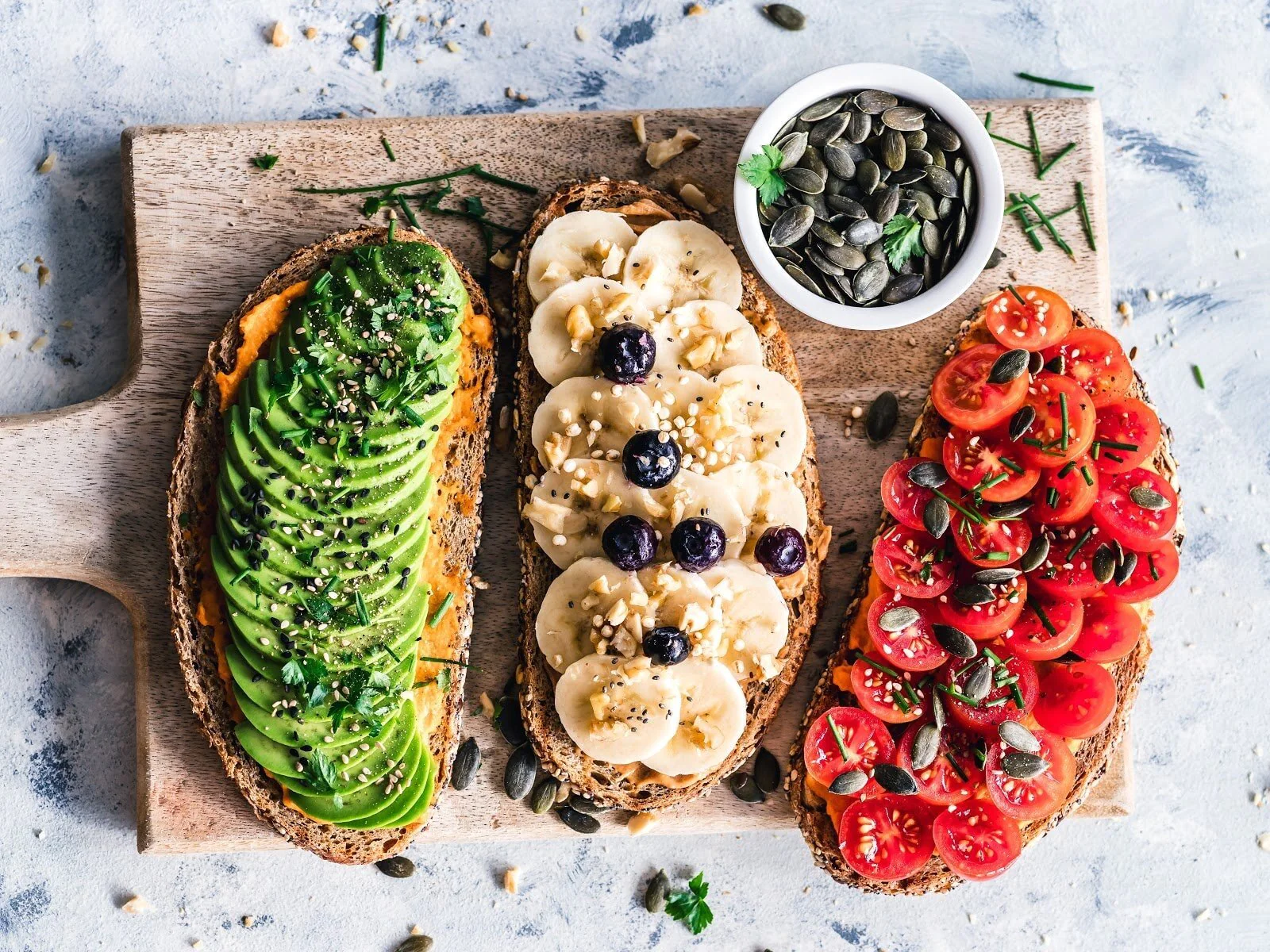
Veganism is a lifestyle and dietary choice that seeks to eliminate the use of animal products in all aspects of life, including food, clothing, and other consumer goods. A vegan diet excludes all animal-derived foods such as meat, fish, dairy, eggs, and honey, and instead focuses on plant-based foods such as fruits, vegetables, legumes, grains, and nuts. Veganism is often motivated by concerns about animal welfare, environmental sustainability, and personal health. Some people choose to follow a vegan lifestyle for ethical reasons, as they believe that the use of animals for human purposes is exploitative and unjust. Others choose veganism for environmental reasons, as animal agriculture is a major contributor to greenhouse gas emissions and other environmental problems. Still others choose a vegan diet for health reasons, as research suggests that a plant-based diet may offer various health benefits, such as reducing the risk of heart disease, diabetes, and some types of cancer.

It is difficult to determine the exact percentage of the world's population that is vegan, as there is no comprehensive global database of veganism. However, according to a 2021 report by The Good Food Institute, the number of vegans in the United States has increased by 300% over the last 15 years and currently stands at around 9.7 million people, or approximately 3% of the population. In the United Kingdom, a 2020 survey by The Vegan Society found that approximately 1.16 million people, or 2.2% of the population, identified as vegan. In other countries, the percentage of vegans may be higher or lower. Overall, it is estimated that the number of vegans worldwide is increasing, but it is still a relatively small percentage of the global population.
There are many vegan foods available. A vegan diet is based on eating only plant-based foods, which includes fruits, vegetables, grains, legumes, nuts, and seeds. Within these categories, there are countless options for delicious and nutritious vegan meals.
In recent years, the popularity of veganism has led to an increase in the availability and variety of vegan products in supermarkets and restaurants. Many companies now offer plant-based versions of traditional animal-based foods, such as vegan burgers, sausages, cheeses, and ice cream.
Additionally, there are many international cuisines, such as Indian, Middle Eastern, and Ethiopian, that traditionally include a variety of plant-based dishes. With a little creativity, it is possible to enjoy a diverse and satisfying vegan diet.

It's difficult to make a blanket statement about the health of vegans compared to non-vegans, as it depends on a number of factors such as diet quality, lifestyle, and genetics. However, research suggests that a well-planned vegan diet can be healthy and provide all the necessary nutrients for optimal health.
Studies have shown that vegans tend to have lower body mass indexes (BMIs) and lower rates of obesity, type 2 diabetes, and some types of cancer compared to non-vegans. Vegan diets are generally high in fiber, vitamins, minerals, and antioxidants, while being low in saturated fat and cholesterol. This can lead to lower risk of heart disease, which is a leading cause of death worldwide.
However, it's important to note that not all vegan diets are healthy, and some people may follow a vegan diet that is high in processed foods or lacking in certain nutrients. Therefore, it's important for vegans to ensure that they are getting all the necessary nutrients, such as protein, iron, calcium, and vitamin B12, through a well-planned and balanced diet or supplementation if needed.
